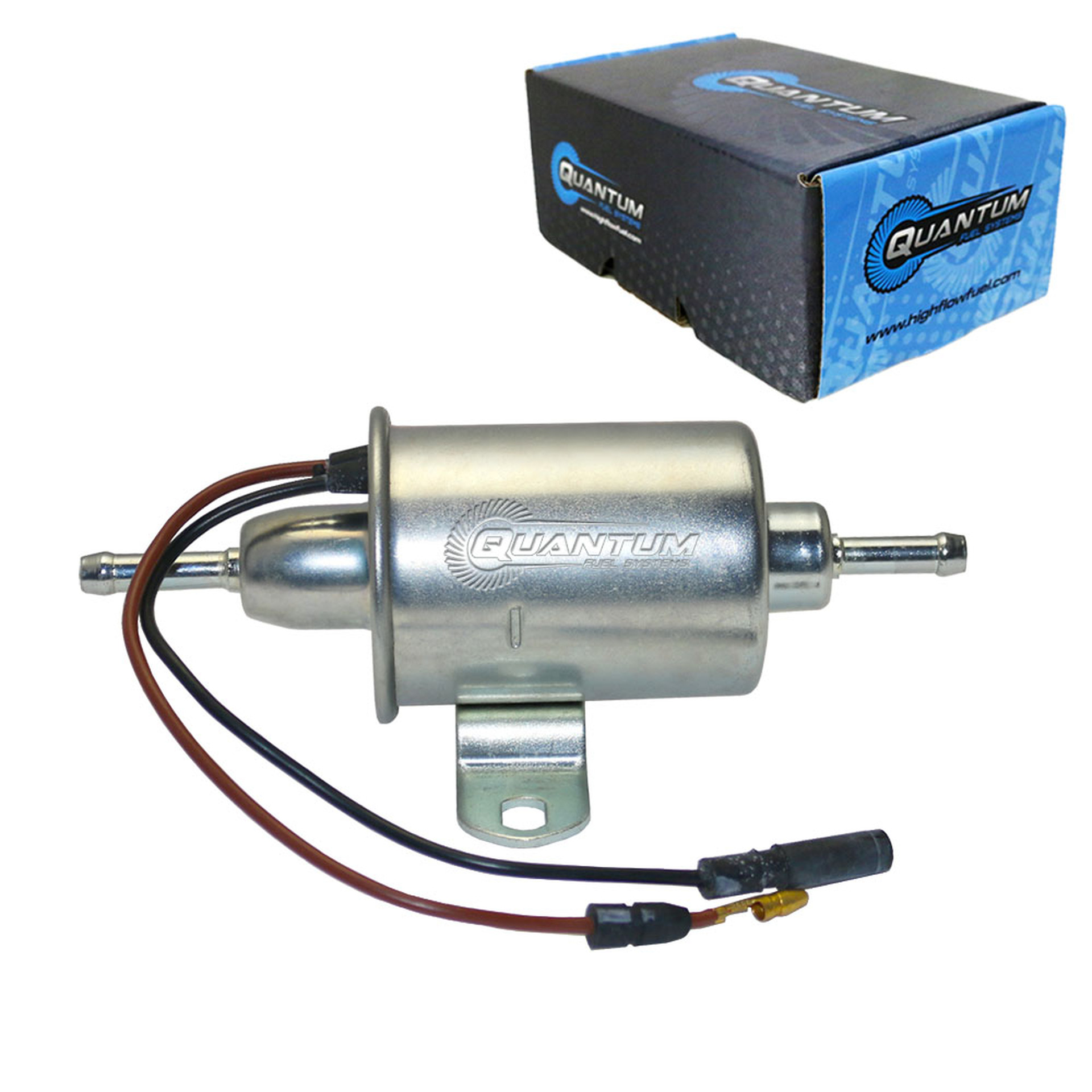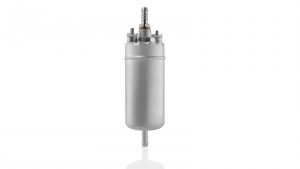In the world of automotive engineering, the fuel delivery system plays a crucial role in ensuring optimal engine performance. While modern vehicles often utilize electronic fuel injection systems, mechanical fuel pumps still hold their ground as a reliable and efficient option. In this blog post, we will delve into the advantages of mechanical fuel pumps, exploring their power, reliability, and efficiency, and shedding light on why they remain a popular choice in certain applications.
- Robust Power Delivery:
One of the key advantages of mechanical fuel pumps lies in their ability to deliver robust power to the engine. Unlike their electronic counterparts, mechanical fuel pumps are driven directly by the engine's camshaft or crankshaft, ensuring a consistent and reliable flow of fuel. This direct mechanical linkage allows for precise control over fuel delivery, resulting in improved throttle response and overall engine performance. Whether it's in high-performance racing engines or heavy-duty industrial applications, mechanical fuel pumps excel at providing the necessary power to meet demanding requirements. - Enhanced Reliability:
Reliability is a paramount factor when it comes to fuel delivery systems, and mechanical fuel pumps have a proven track record in this regard. With their simple design and fewer electronic components, mechanical fuel pumps are less prone to failure compared to their electronic counterparts. This inherent reliability makes them an ideal choice for off-road vehicles, marine applications, and other environments where electronic systems may be more susceptible to damage from vibrations, water, or extreme temperatures. Additionally, mechanical fuel pumps are often easier to diagnose and repair, minimizing downtime and maintenance costs. - Improved Efficiency:
Contrary to popular belief, mechanical fuel pumps can also offer impressive fuel efficiency when properly designed and calibrated. By delivering fuel directly to the engine's intake manifold, mechanical fuel pumps ensure a consistent and precise fuel-air mixture, optimizing combustion efficiency. This results in improved fuel economy and reduced emissions, making mechanical fuel pumps a viable option for eco-conscious individuals and organizations. Furthermore, the simplicity of mechanical fuel pumps allows for easier tuning and adjustment, enabling fine-tuning of fuel delivery to match specific engine requirements.
Conclusion:
While electronic fuel injection systems dominate the automotive industry, mechanical fuel pumps continue to hold a special place in various applications. Their advantages in power delivery, reliability, and efficiency make them a preferred choice in high-performance engines, rugged environments, and situations where simplicity and durability are paramount. As technology advances, mechanical fuel pumps may evolve further, incorporating innovative features while retaining their core strengths. So, whether you're a racing enthusiast, a boat owner, or simply seeking a reliable fuel delivery solution, consider the advantages that mechanical fuel pumps bring to the table.




+ There are no comments
Add yours